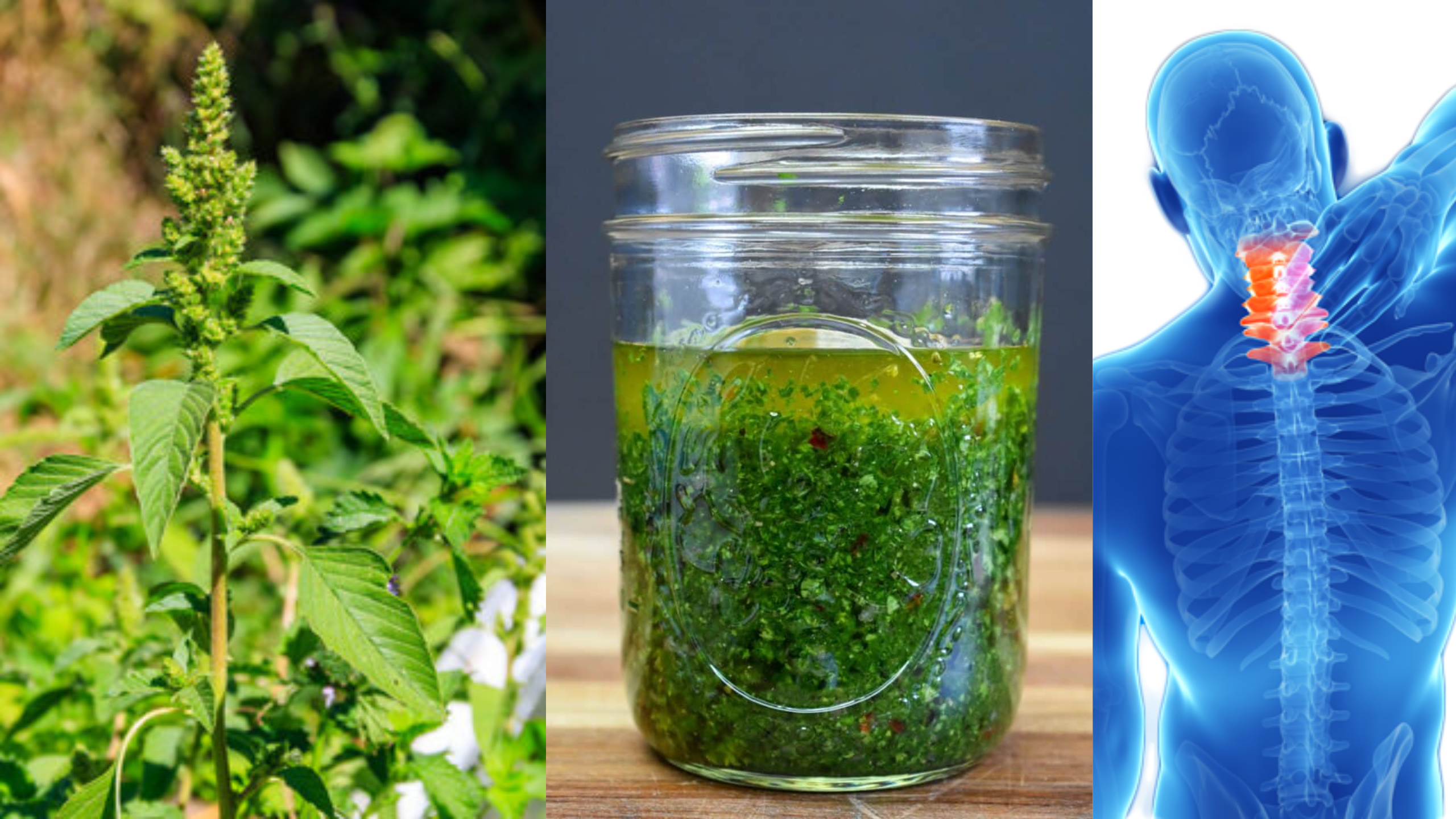While many gardeners and farmers see pigweed (Amaranthus retroflexus) as nothing more than a troublesome weed, this resilient green plant actually holds incredible potential for your health. Native to the Americas, pigweed has been used for centuries in traditional medicine and cuisine, valued not just for its vigorous growth but also for its impressive nutritional profile. In this article, we’ll explore why pigweed deserves a second look as a superfood and how you can incorporate it into your diet.
What Is Pigweed?
Growing effortlessly in gardens, fields, and even cracks in the pavement, pigweed is often dismissed as a weed — but don’t be fooled. It’s a hardy, edible plant with a rich history of medicinal and culinary use. Its leaves and seeds are packed with nutrients that can support your overall health, from boosting your immune system to strengthening your bones.
Nutritional Profile of Pigweed
One of the reasons pigweed stands out is its impressive nutritional content. It’s a real vitamin and mineral powerhouse, providing vital nutrients that many people lack in their diets.
- Vitamins: Pigweed is a rich source of vitamins A, C, and K. Vitamin A supports healthy vision and immune function, vitamin C acts as a potent antioxidant protecting cells from damage, and vitamin K plays a key role in blood clotting and bone strength.
- Minerals: It offers essential minerals like calcium (for strong bones and teeth), iron (necessary for oxygen transport in the blood), magnesium (supporting muscle and nerve function), and potassium (important for maintaining blood pressure).
- Protein: The leaves contain high-quality protein that provides all essential amino acids required for tissue repair and immune function.
- Fiber: With plenty of dietary fiber, pigweed supports healthy digestion, helps regulate blood sugar levels, and promotes a feeling of fullness.
Wondering how to get these nutrients? Incorporating pigweed into your meals is simple and versatile.
Health Benefits You Can Experience

Eating pigweed isn’t just about nutrition; it offers tangible health benefits that can improve your quality of life over time.
1. Rich in Antioxidants
Pigweed is loaded with antioxidants, especially vitamin C, that help neutralize harmful free radicals in your body. This reduces oxidative stress, lowering the risk of chronic diseases like heart disease, diabetes, and cancer.
2. Supports Vision and Eye Health
Thanks to its high vitamin A content, pigweed contributes to good eyesight and may help prevent age-related macular degeneration. Regular consumption could keep your eyes sharper and healthier as you age.
3. Boosts the Immune System
The immune-boosting power of pigweed largely comes from its abundant vitamin C. It helps produce white blood cells, your body’s frontline defenders, making you better equipped to fend off colds, flu, and other infections.
4. Strengthens Bones and Teeth
Vitamin K and calcium in pigweed work together to promote strong bones and prevent osteoporosis. For aging populations or those at risk of fractures, pigweed can be a beneficial addition.
5. Aids Digestion and Gut Health
The high fiber level supports regular bowel movements, alleviating constipation and supporting a healthy microbiome — the diverse community of bacteria in your gut.
6. Supports Liver Detoxification
Traditionally, pigweed has been used to help detoxify the body. Its nutrients support liver health, aiding in the elimination of toxins and promoting overall wellness.
7. Blood Sugar Regulation
The fiber in pigweed slows down sugar absorption into your bloodstream, helping maintain stable blood sugar levels. This can be especially beneficial for diabetics or those with insulin resistance.
How to Incorporate Pigweed Into Your Meals
The good news is, pigweed is easy to add to your existing diet — it’s versatile and can be used much like spinach or other leafy greens.
- Salads: Fresh pigweed leaves add a nutritious crunch to salads.
- Smoothies: Blend pigweed leaves with fruits and yogurt for an energizing and nutrient-rich drink.
- Sautéed Greens: Quickly sauté pigweed with garlic and olive oil for a tasty side dish packed with flavor.
- Soups and Stews: Toss pigweed leaves into soups for added greens and nutrients.
- Herbal Teas: Dried pigweed leaves can be brewed into detoxifying teas that support your overall health.
Note: Always ensure proper harvesting or purchase from a trusted source to avoid contamination, especially since pigweed is often found growing as a weed in various environments.
A Natural Superfood to Watch For
Next time you see pigweed sprouting in your garden or along the roadside, remember: this common weed is more than just a garden nuisance. With its impressive array of nutrients and health benefits, pigweed could become a valuable addition to your dietary repertoire.
Whether you want to boost your immune system, support your vision, or improve digestion, pigweed offers a natural, accessible way to enhance your health. So, consider experimenting with this humble plant and unlock its potential as a superfood.
Have you tried pigweed before? Share your experiences or ask questions below! Remember, nature often provides the best remedies when we look beyond the surface.
Would you like additional tips on sustainable gardening or recipes featuring pigweed? Just let me know!


1 thought on “The Surprising Nutritional Power of Pigweed: Nature’s Hidden Treasure”